The UMSL criminologist says some officers haven’t been trained well and others don’t always adhere to their training or might need a refresher.
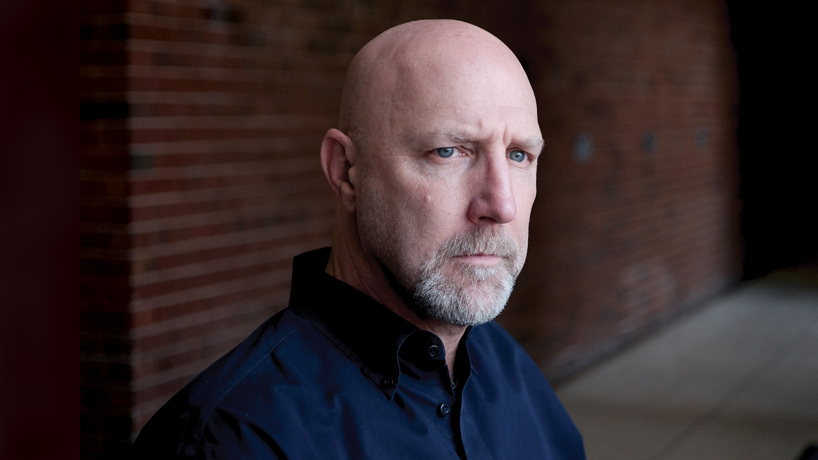
Search Filters

The UMSL criminologist says some officers haven’t been trained well and others don’t always adhere to their training or might need a refresher.
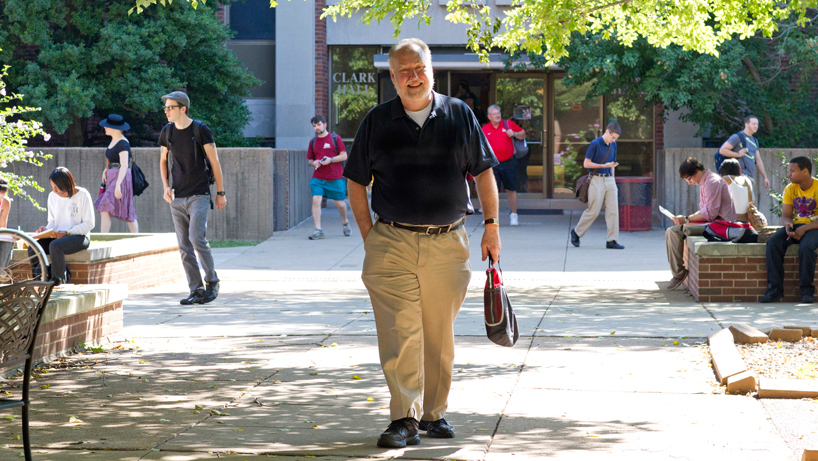
The political science chair appeared on The Charlie Brennan Show on Friday.
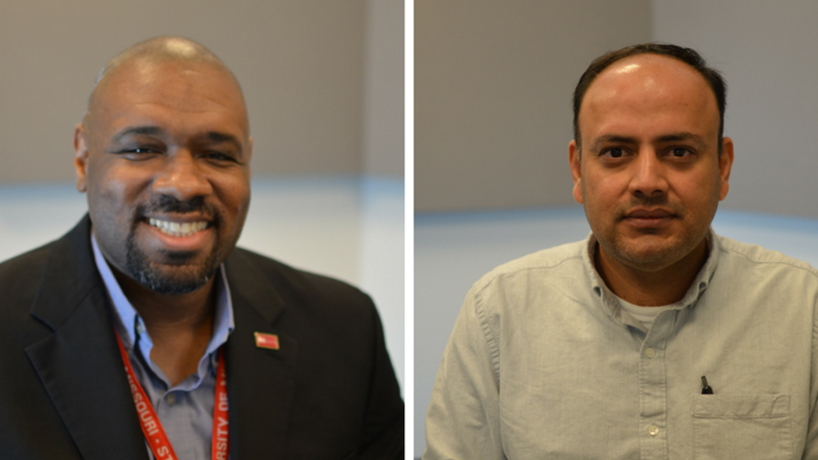
Shaji Khan and Maurice Dawson appeared on St. Louis Public Radio | 90.7 KWMU Monday to discuss cybersecurity issues.
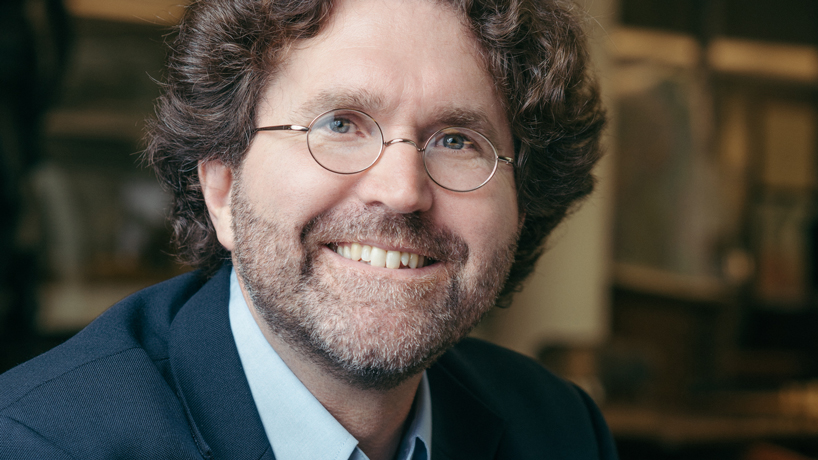
He recently discussed “The Man Who Stopped World War III” back in 1983 with KMOX reporter and UMSL alumnus Kevin Killeen.
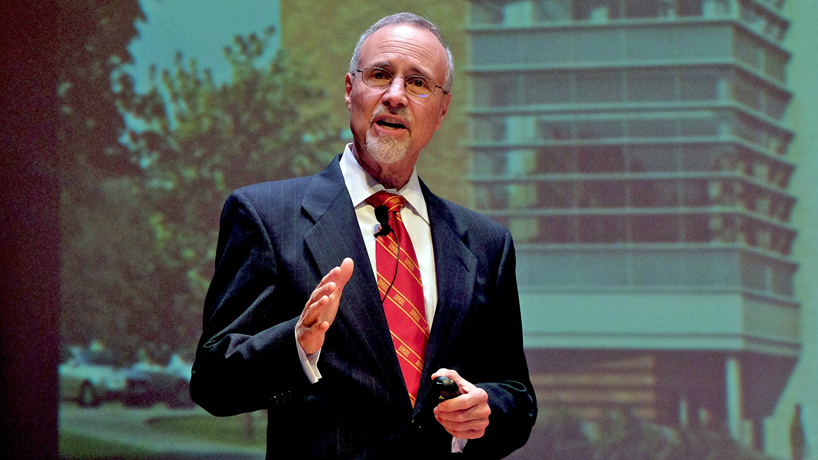
As Tom George looks toward a trip to Colorado next month to meet with other leaders in higher education, one topic is weighing heavily on his mind.
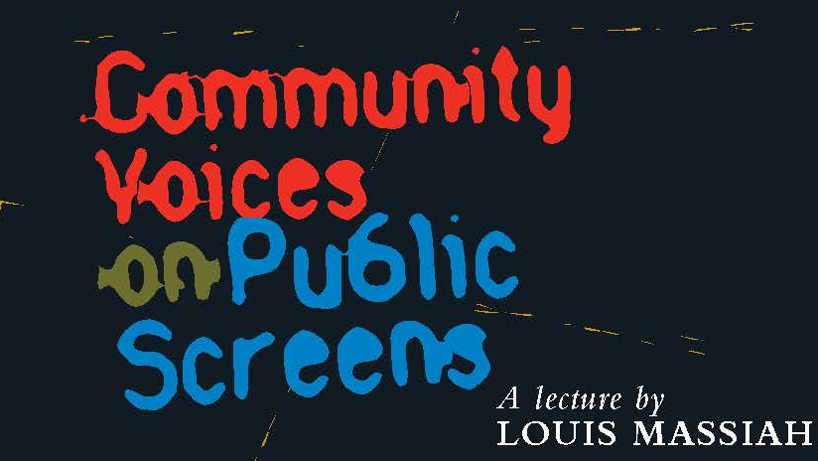
Featuring documentary filmmaker Louis Massiah, this year’s James Neal Primm Lecture in History is set for 7 p.m. Sept. 18 at the Missouri History Museum.
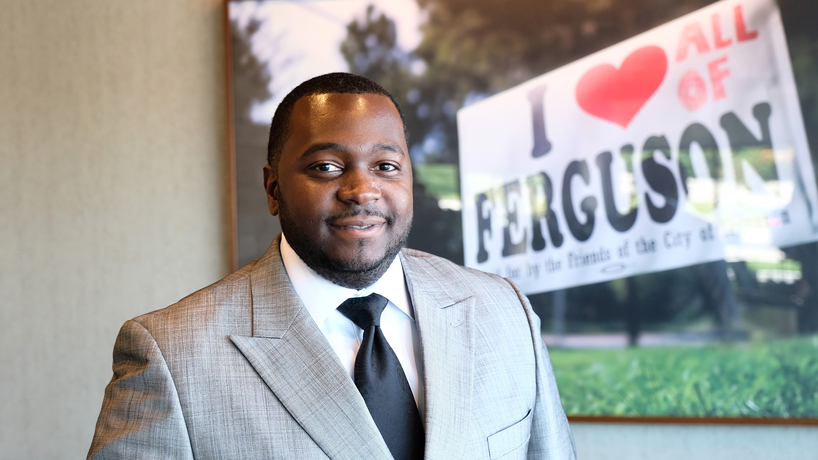
He serves as the economic recovery coordinator for the St. Louis Economic Development Partnership, aiding businesses in Ferguson, Dellwood and Jennings.
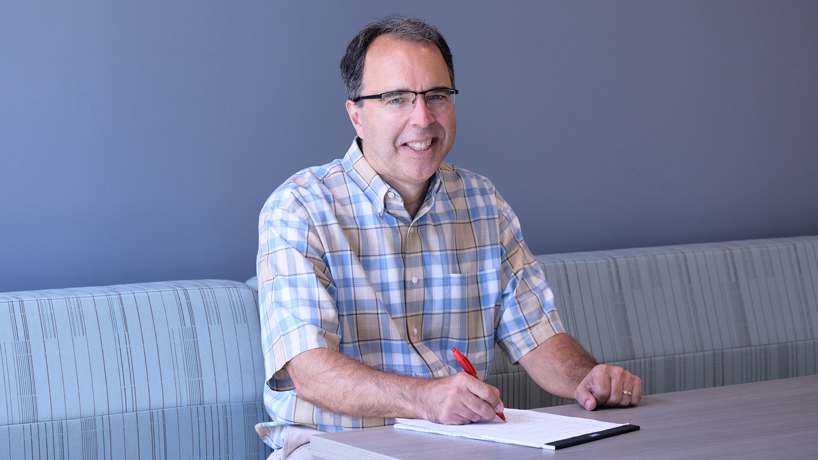
Misconceptions about health savings accounts may keep employees from reaching financial goals faster.
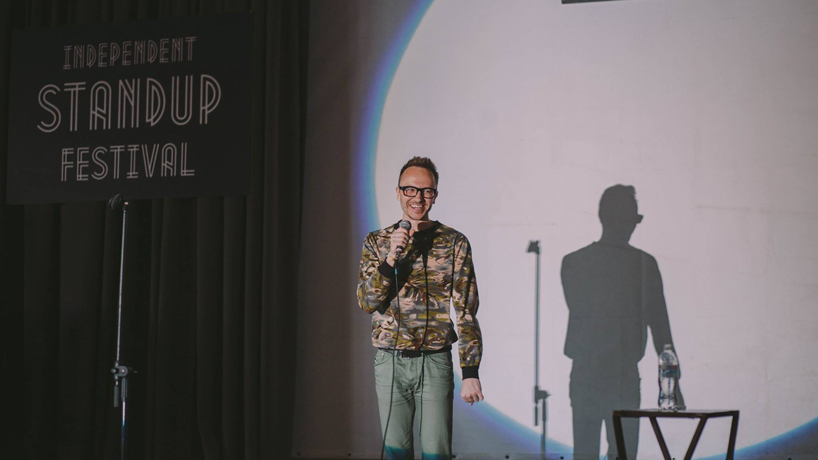
The 2003 graduate appeared on the Russian television show “Otkryti Mikrofon” and has performed in cities such as Kiev, Prague and St. Petersburg.
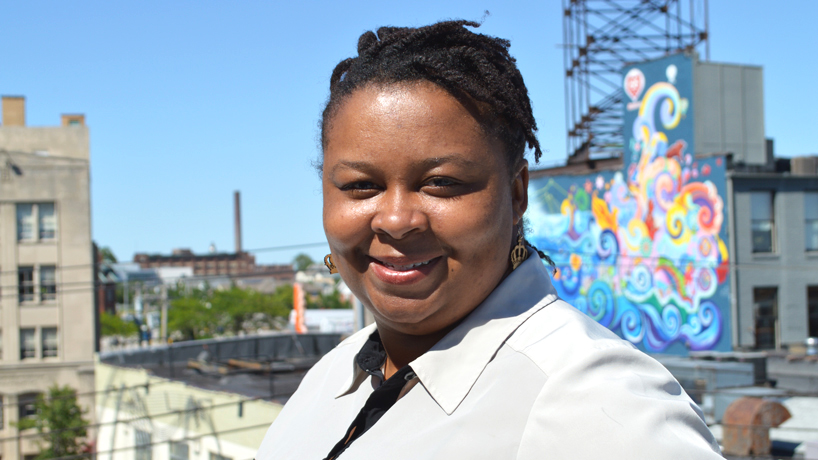
Antionette Carroll, who holds both a BS and an MA from UMSL, founded Creative Reaction Lab in 2014.